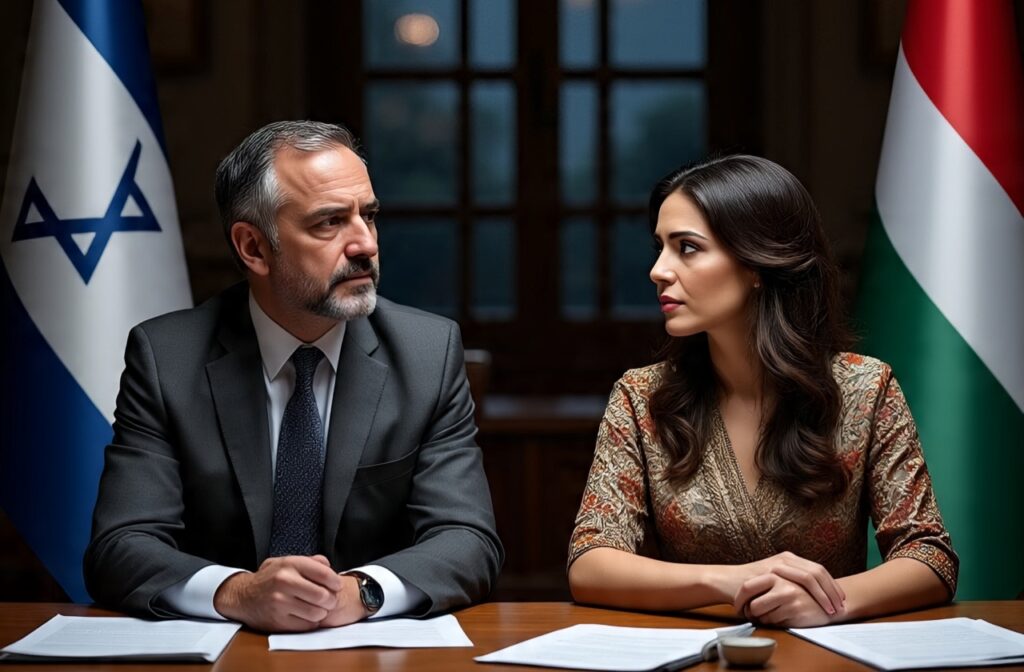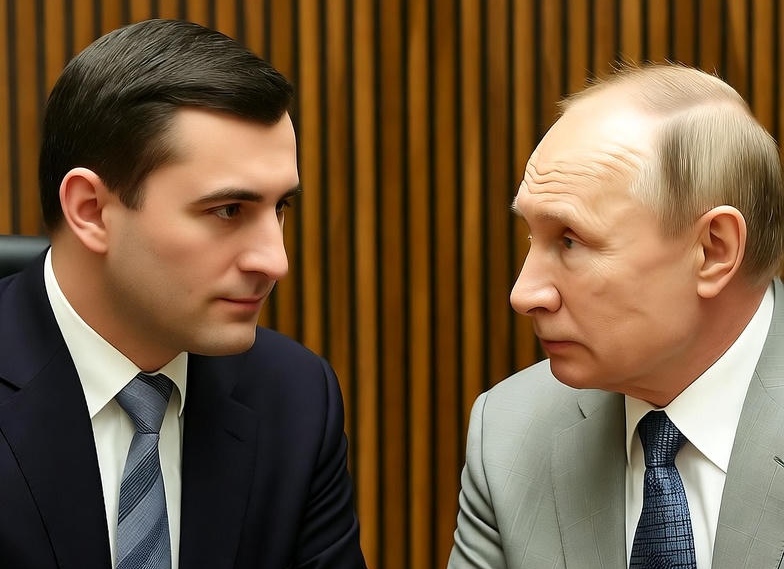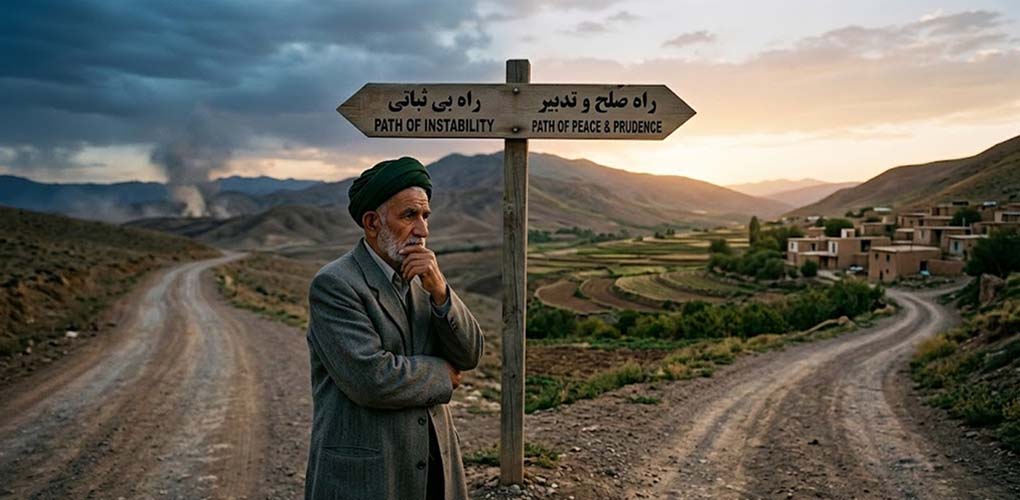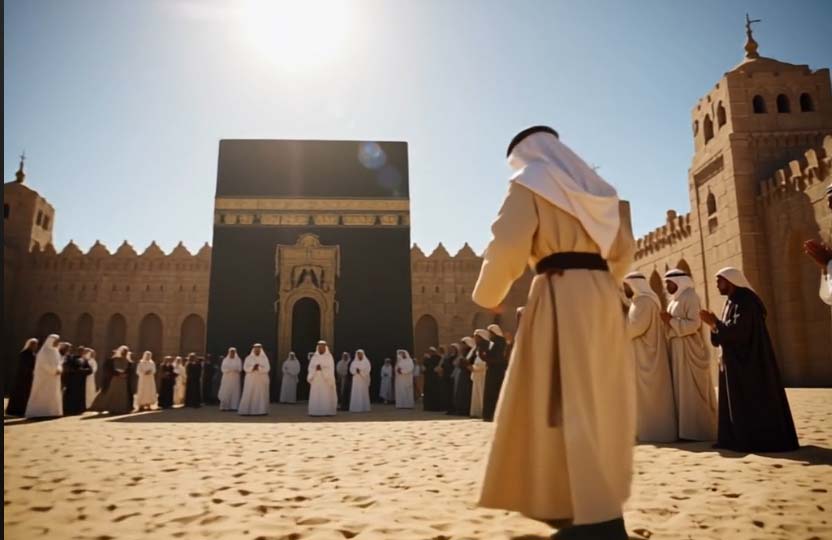 Najmuddin A Farooqi.
Najmuddin A Farooqi.
Human perception is inherently diverse no two individuals interpret reality in exactly the same way. This diversity extends into international politics, where history, ideology and national identity create conflicting worldviews. The Israel Palestine conflict, one of the world’s most enduring and emotionally charged struggles, exemplifies how these divergent perceptions shape discourse, policy and diplomacy not only between Israelis and Palestinians but also across the global stage.
Internal Divisions in Israeli Society
Within Israel, political and ideological divisions remain stark. On one end are ultra-nationalist and religious factions advocating continued militarization and territorial control as essential to national security. On the other, centrist and left-leaning groups warn that such policies undermine Israel’s moral legitimacy and international standing. Prime Minister Netanyahu and his allies frame military assertiveness as a sign of resilience, while domestic critics argue that it perpetuates cycles of violence and alienates key global partners.

The Fragmented Palestinian Political Landscape
Palestinian politics are similarly fractured, primarily between Hamas, the Palestinian Authority and Palestine Liberation Organization each pursuing different strategies for national aspirations.
Founded in 1987, Hamas(Harakat al Muqawamah al Islamia) combines a political wing governing Gaza with its militant arm, the Izz al-Din al-Qassam Brigades, which engages in armed resistance. Supporters regard Hamas as both a resistance movement and a provider of essential social services amid Gaza’s poverty and infrastructure collapse. Critics however denounce its authoritarian rule, suppression of dissent and the humanitarian costs of its confrontations with Israel.
The 2007 differences between Hamas and the PA entrenched a political divide between Gaza and the West Bank, weakening the broader national movement. Many Palestinians today express frustration with both leaderships, disillusioned by the lack of unity and the stagnation of peace efforts.

Global Perceptions and Competing Narratives
Globally perceptions of the conflict remain polarized. Though a large majority in international community have already recognised Palestine as a sovereign state and emphasised the suffering of Palestinian people and call for accountability in Israel’s military actions, while a few others stress Israel’s right to self-defense, shaped by its history of persecution and persistent security threats.
Across much of Muslim world, Israel’s territorial policies are often viewed as part of a broader “Greater Israel” strategy an expansion beyond internationally recognized borders. From this perspective, peace negotiations are seen skeptically, as legitimizing occupation rather than ending it. Conversely, many Israelis dismiss such claims as conspiratorial attempts to delegitimize their statehood and security concerns.
Renewed Diplomatic Momentum
Amid these tensions, renewed diplomatic efforts have emerged. Following the announcement of a preliminary ceasefire between Israel and Hamas, France hosted a high-level conference in Paris with foreign ministers from European, Arab and Muslim-majority nations. The meeting sought to revive the long stalled two state solution outlining a political roadmap for Gaza’s future governance.
President Macron emphasized the creation of a “temporary governance structure for Gaza” as an initial step toward Palestinian self-determination. This initiative follows the recognition of Palestine by ten additional countries at United Nations on 22 september signaling growing international support for renewed negotiations. Germany’s foreign minister pledged humanitarian aid, medical supplies and hospital equipments.France envisions its initiative as complementary to U.S. diplomatic efforts with immediate focus on relief work and eventual deployment of international stabilization force to ensure on-the-ground security.
Toward a New Phase
Together, these diplomatic efforts, shifting political dynamics and renewed international consensus may mark the beginning of a transformative chapter in the long quest to achieve lasting peace between Israelis and Palestinians.



